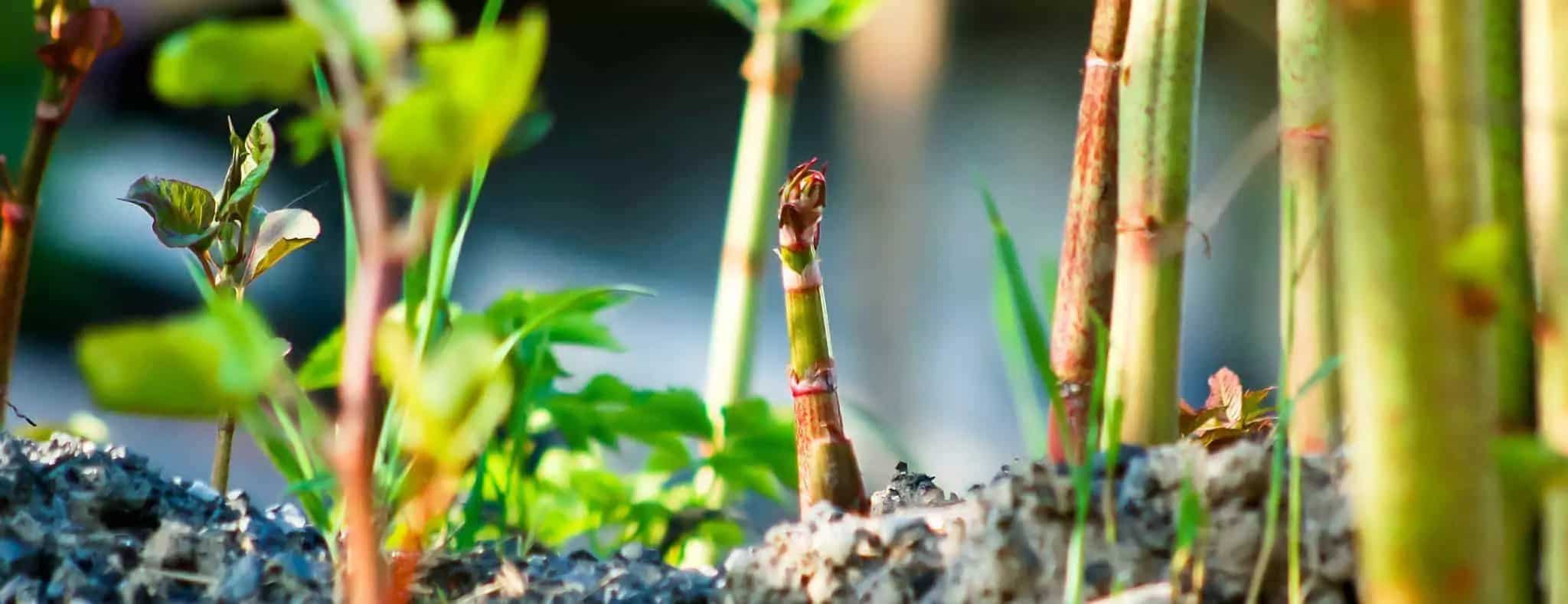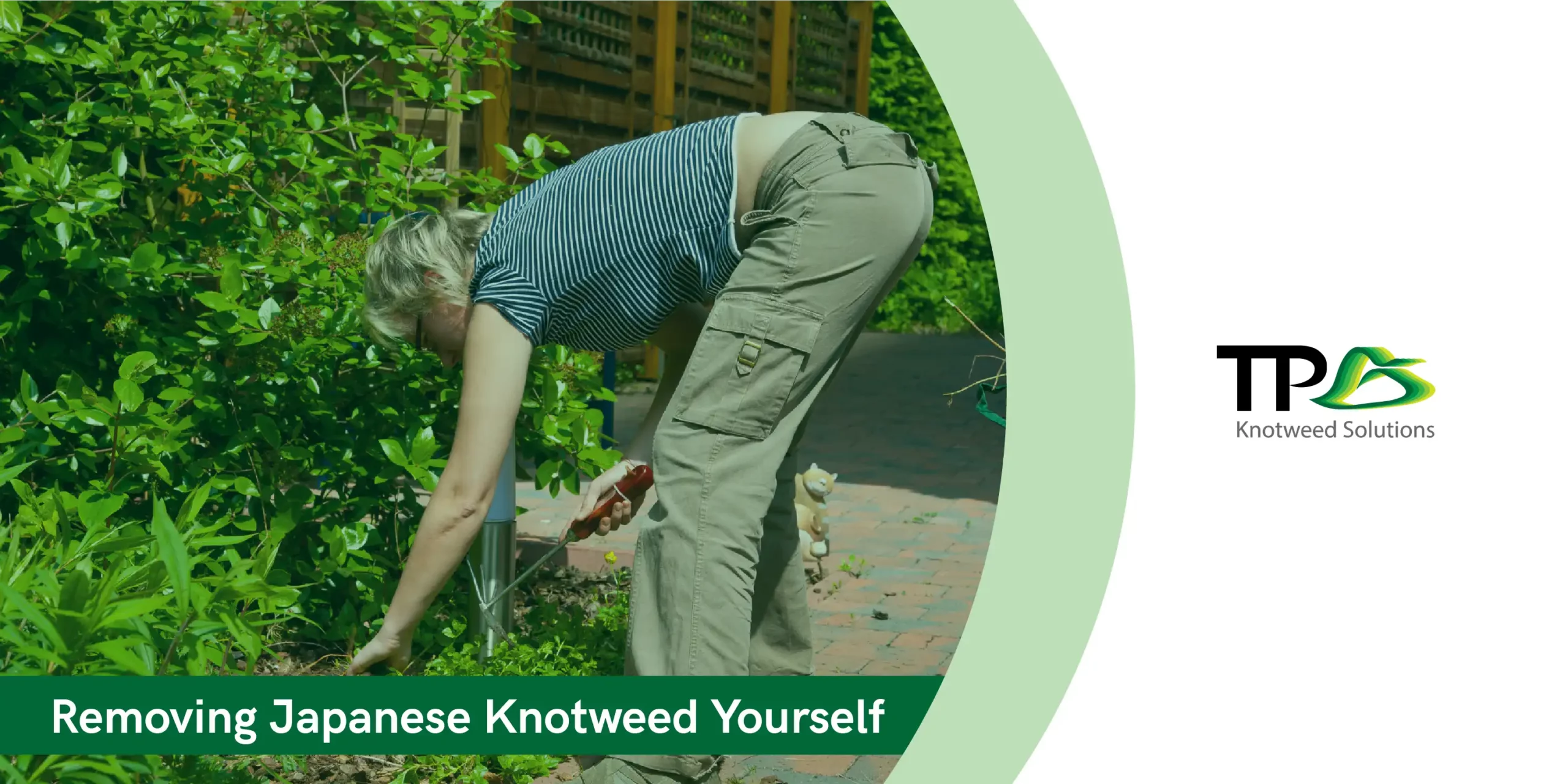There are many plant species in the UK that are harmful to humans and animals, although not being poisonous, Japanese knotweed can cause house and building damage.
Japanese knotweed and other fast-growing invasive species cause numerous problems. Many of these are harmful to humans and animals, but even non-poisonous plants can cause damage and be costly for home and landowners.
Is Japanese knotweed poisonous to humans?
Japanese knotweed is not poisonous to humans. In fact, it is edible, but it is not recommended you eat the weed raw, as some reports claim the weed can cause irritation to sensitive skin.
The danger of Japanese knotweed doesn’t come from consuming it, but more the effects it can have to your home, land or building if discovered, leading to costly treatment if identified, or costly legal battles if ignored. The risk with Japanese knotweed comes with its ability to grow from even the smallest piece of stem.
Don’t want to find yourself stuck with expensive fines? Get a Japanese knotweed survey today.
Is Japanese knotweed poisonous to dogs and cats?
Dogs and cats have different digestive systems to those of humans and standard livestock animals. Reports vary as to the effects of Japanese knotweed consumption on dogs and cats, with some owners claiming the knotweed has harmed their pet and others saying the knotweed has actually improved their health.
More research is required to validate the effects of knotweed consumption on dogs and cats. In the meantime, it is advised you do not let your pets consume the weed.
Is Japanese knotweed poisonous to livestock?
Your livestock can also safely eat Japanese knotweed. Many reports indicate horses, cows, and goats will readily eat the broad leaves when available without adverse effects.
Worried about Japanese knotweed damage to your property? Book your site survey by calling us on 0800 389 1911 or book online.




